Beneath Seattle’s vibrant streets lies an unsung hero of public health: the sewer system. Healthy sewer lines prevent contamination, protect our waterways, and ensure compliance with Seattle public health standards. When sewer issues arise, they can pose serious risks to residents and the environment, from waterborne diseases to polluted ecosystems. In this article, we’ll explore the critical link between sewer line health and Seattle public health, diving into local plumbing standards, common sewer problems, and how timely sewer repair can safeguard our community. Whether you’re a homeowner or a property manager, understanding these connections empowers you to contribute to a healthier, cleaner Seattle.
Why Sewer Line Health Matters for Public Health
Sewer systems are the backbone of urban sanitation, quietly ensuring that wastewater is safely transported and treated. In Seattle, where heavy rainfall and proximity to Puget Sound amplify environmental concerns, sewer maintenance is critical to Seattle public health. A well-maintained sewer system prevents raw sewage from contaminating drinking water, soil, or local waterways, reducing the risk of waterborne diseases like E. coli or hepatitis A. According to Seattle Public Health Guidelines, untreated sewage can introduce harmful pathogens and pollutants into the environment, threatening both human health and ecosystems.Seattle’s unique geography—its rainy climate and hilly terrain—puts additional strain on sewer infrastructure. Excessive rainwater can overwhelm aging pipes, leading to backups or spills that compromise public health regulations. By prioritizing sewer line health, residents and municipalities work together to uphold Seattle public health standards, ensuring clean water and a safe environment for all.
Seattle’s Public Health and Plumbing Standards
Seattle enforces strict plumbing standards to protect public health, overseen by the Seattle Department of Construction and Inspections (SDCI) and Public Health – Seattle & King County. These regulations, aligned with Washington State Plumbing Codes, dictate requirements for sewer line installation, maintenance, and repair. For example, pipes must be made of durable materials like PVC or ductile iron to prevent leaks, and backflow prevention devices are mandatory to stop sewage from flowing back into homes.These plumbing standards ensure that wastewater is safely transported to treatment facilities, minimizing risks like groundwater contamination or sewage overflows. Non-compliance can result in fines or health hazards, making regular maintenance essential. By adhering to these standards, Seattle’s plumbing systems support environmental health and protect residents from the dangers of untreated wastewater.
Common Sewer Line Issues in Seattle
Seattle’s sewer systems face unique challenges due to the city’s wet climate and aging infrastructure. Common issues include:
- Tree Root Intrusion: Roots from trees, common in Seattle’s green neighborhoods, infiltrate pipes, causing blockages or cracks.
- Pipe Corrosion: Older clay or cast-iron pipes corrode over time, leading to leaks or collapses.
- Blockages: Grease, non-flushable items (e.g., wipes), and debris can clog pipes, risking backups.
- Stormwater Overload: Heavy rain can overwhelm combined sewer systems, leading to overflows.
These problems can cause sewage spills, which violate Seattle public health standards and pose risks like water contamination or foul odors. Regular plumbing inspections and timely repairs are crucial to prevent these issues from escalating, ensuring compliance with public health regulations.
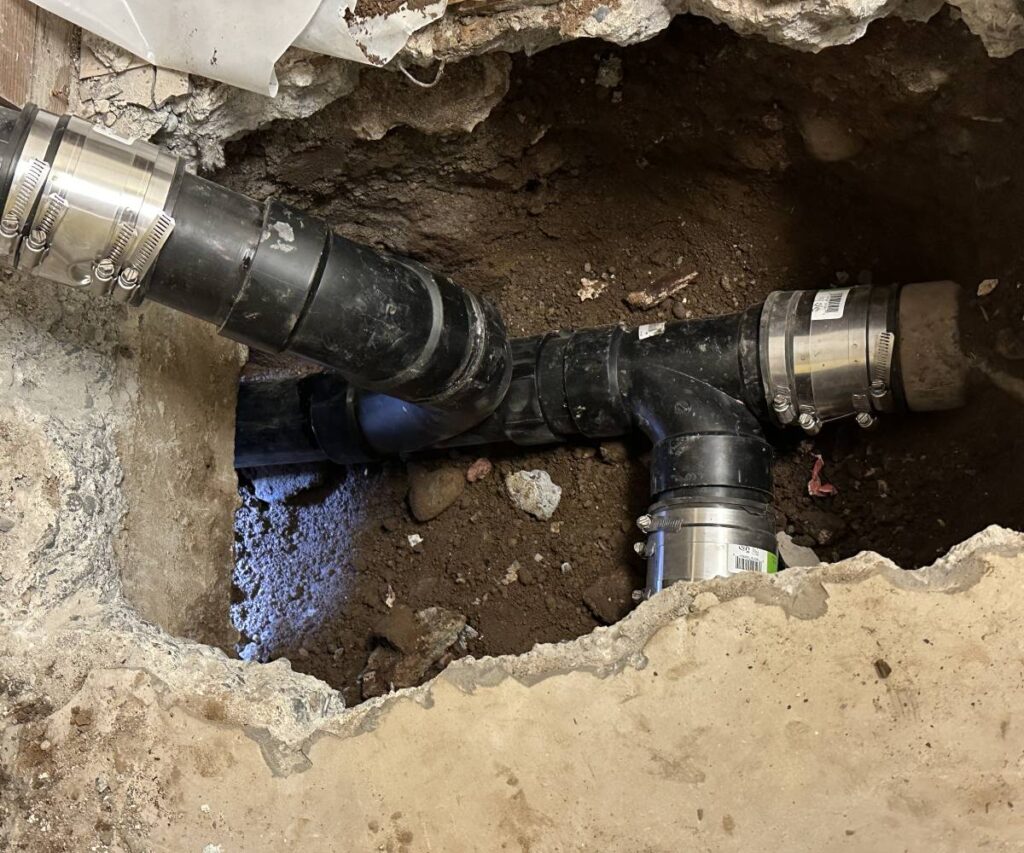
The Role of Sewer Repair in Maintaining Standards
Timely sewer repair is essential to maintain plumbing standards and protect Seattle public health. Modern techniques, like trenchless sewer repair, allow plumbers to fix pipes without extensive digging, reducing disruption and costs. Methods such as pipe lining (inserting a resin-coated liner to seal cracks) or pipe bursting (replacing old pipes with new ones) ensure long-term reliability.Professional plumbers use tools like video inspections to diagnose issues accurately, identifying root intrusions or corrosion early. These repairs prevent sewage leaks that could contaminate groundwater or Puget Sound, aligning with public health regulations. For reliable solutions, explore sewer repair services to keep your system compliant and functional.
Environmental and Community Benefits of Proper Sewer Maintenance
Healthy sewer systems have far-reaching benefits for Seattle’s environment and community. By preventing leaks and overflows, proper sewer maintenance protects Puget Sound and local waterways from pollutants, preserving environmental health. Clean water systems also reduce the risk of disease outbreaks, ensuring safer neighborhoods.Additionally, well-maintained sewers enhance property values by preventing issues like backups or yard flooding. When homeowners, businesses, and municipalities prioritize wastewater management, they contribute to a sustainable, healthy Seattle that meets Seattle public health standards and supports community well-being.
How Homeowners Can Support Sewer System Health
Homeowners play a key role in maintaining sewer line health. Here are practical steps to support Seattle public health:
- Schedule Regular Inspections: Annual plumbing inspections can catch issues like root intrusion or corrosion early.
- Avoid Flushing Harmful Items: Never flush wipes, grease, or chemicals, as they cause blockages.
- Watch for Warning Signs: Slow drains, gurgling noises, or sewage odors indicate potential problems.
- Work with Licensed Plumbers: Professionals ensure repairs meet plumbing standards.
Conclusion: Partnering with Experts for a Healthier Seattle
Maintaining sewer line health is vital for upholding Seattle public health standards and protecting our environment. From preventing contamination to ensuring compliance with plumbing standards, a well-functioning sewer system benefits both individuals and the community. By addressing issues early through regular inspections and timely sewer repair, Seattle residents can contribute to cleaner waterways and safer neighborhoods.For expert support, KnightRooter offers trusted plumbing services tailored to Seattle’s unique needs. Our team is committed to quality, using advanced techniques to keep your sewer system compliant and reliable. Ready to safeguard your home and community? Contact a Seattle plumber today to schedule an inspection or learn more about maintaining a healthy sewer system.
Explore More Resources
For more information on sewer line maintenance and repair, visit our service pages:
- Sewer Line Repair Everett
- Sewer Line Repair Edmonds
- Sewer Line Repair Seattle
- Sewer Line Repair Bothell
- Sewer Line Repair Kirkland
- Sewer Line Repair Lynnwood
- Sewer Line Repair Woodinville
- Sewer Line Repair Snohomish
- Sewer Line Repair Bellevue
FAQ
1. How often should I have my sewer lines inspected in Seattle?
Annual inspections are recommended, especially for older homes, to catch issues early and comply with plumbing standards.
2. What are the signs of a sewer line problem?
Slow drains, gurgling sounds, sewage odors, or water pooling in your yard may indicate a sewer issue.
3. How do Seattle’s plumbing standards affect homeowners?
Standards ensure safe wastewater management, requiring homeowners to maintain compliant sewer systems to avoid health risks.
4. Can sewer issues impact public health in Seattle?
A: Yes, untreated sewage can contaminate water sources, leading to health risks like bacterial infections.
5. What is trenchless sewer repair?
A: A minimally invasive method to repair sewer lines without digging up your property, saving time and money.
For professional and fast drain cleaning Bothell, drain cleaning Seattle, and drain cleaning Bellevue, contact KnightRooter. Our team is ready to provide the best solutions for your drain issues.

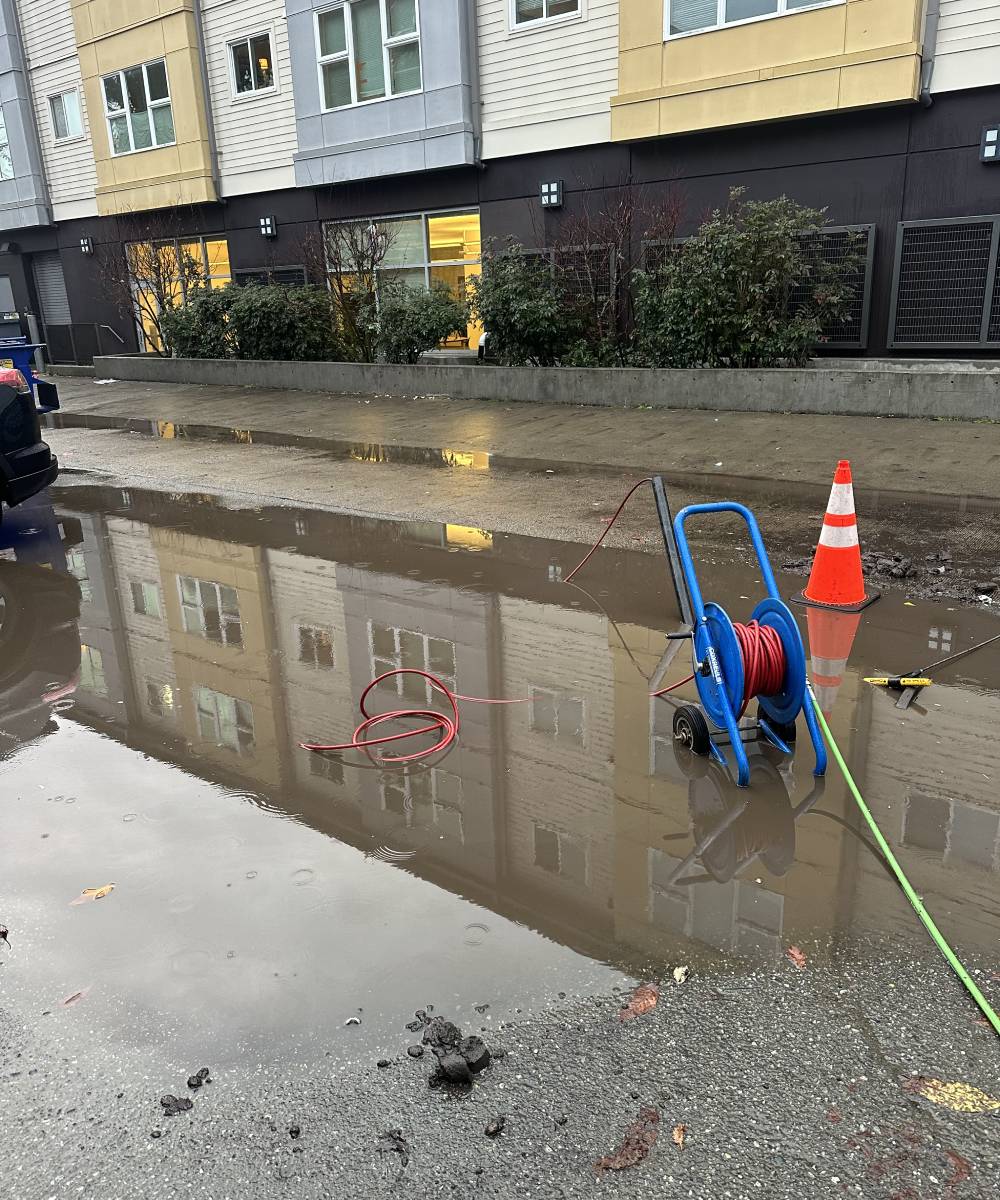
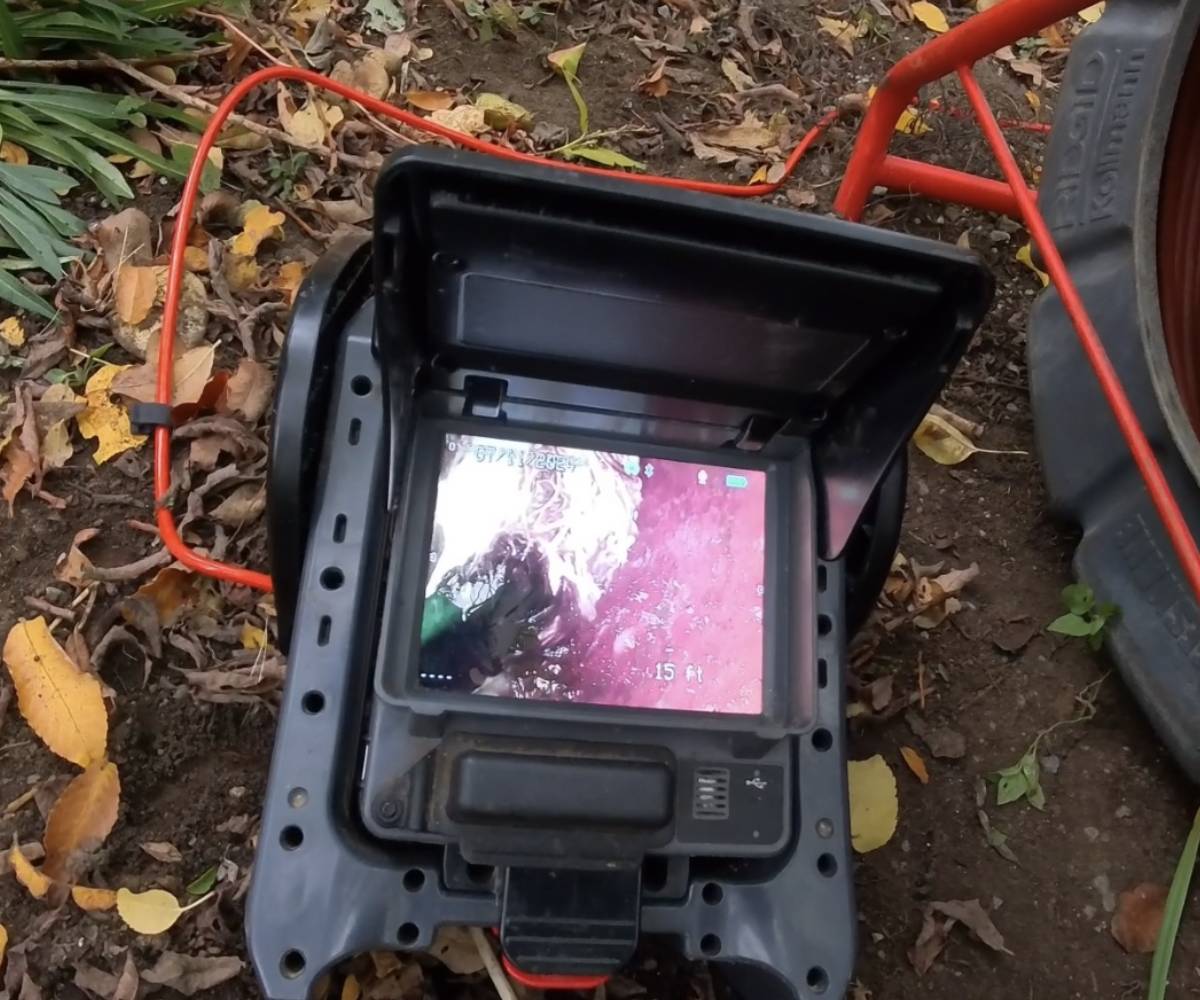
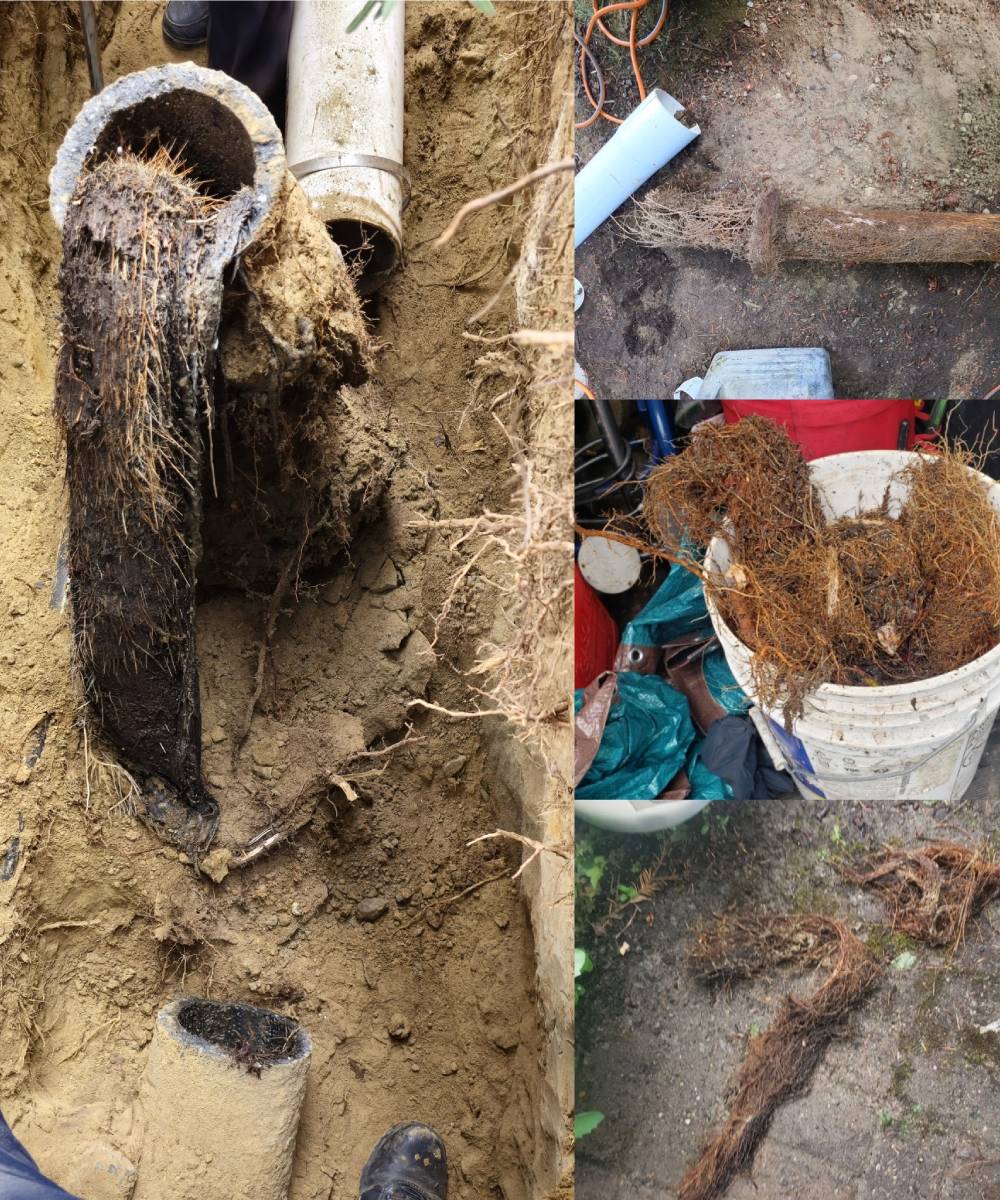
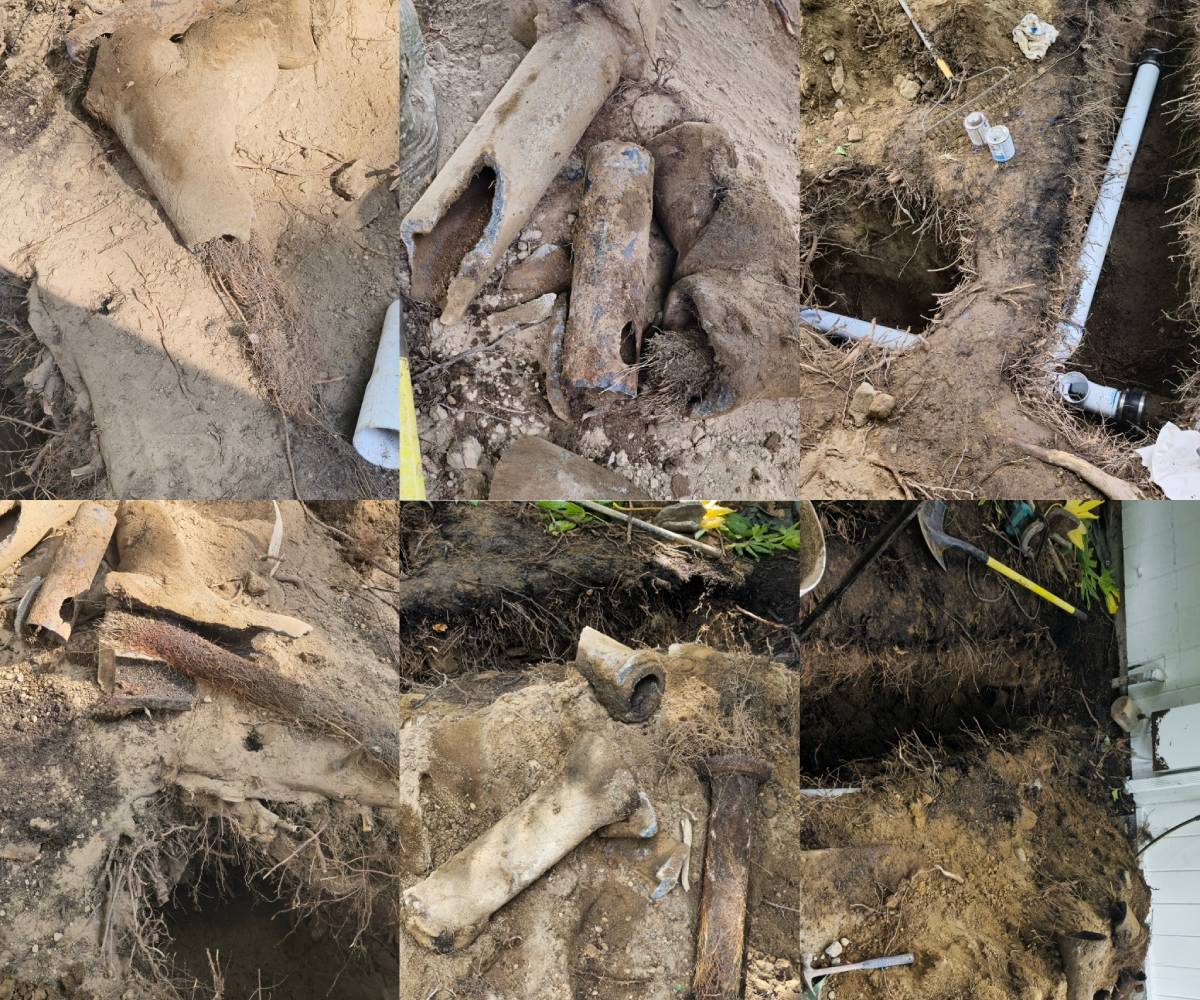
No comment yet, add your voice below!